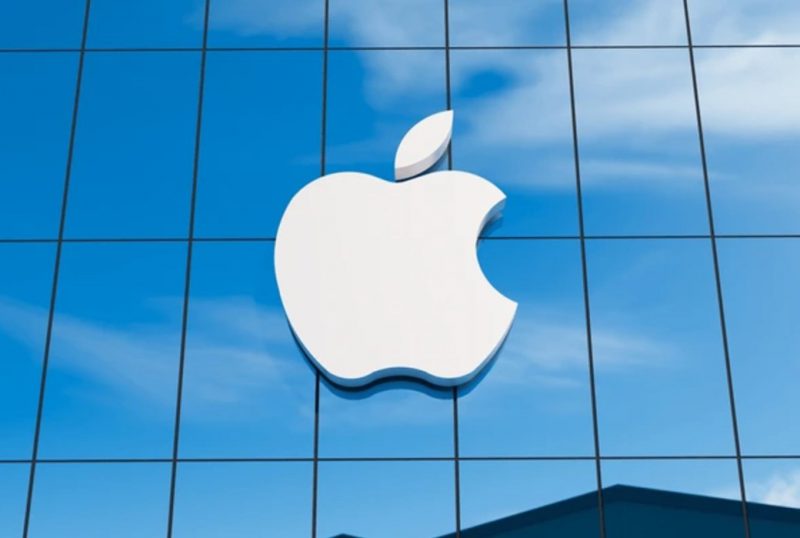Apple stock slipped 1.19% to $267.16 on Monday, even as the company projected holiday quarter revenue between $137 billion and $139 billion. The decline follows revelations about Apple’s partnership with Google for Siri enhancements, along with growing concerns about regulatory pressures and tariff risks that the tech giant is facing right now.
Also Read: Strategy (MSTR) Stock Sinks 5%, BTC Nears 6-M Low at $100,000
Apple stock Slides Highlight Holiday Revenue Forecast And Siri AI Updates


Google Partnership Powers Siri AI Updates
The Apple stock sliding on Monday appear to tie directly to a Bloomberg report revealing that Apple is actually paying Google to develop a customized model based on Gemini technology for Siri. Apple evaluated offerings from both Anthropic and Google earlier this year, and Google’s proposal ended up being more cost-effective due to the existing search partnership between the two companies.
Mark Gurman stated:
Apple held a bake-off this year between Anthropic and Google, ultimately determining that the former offered a better model but that Google made more sense financially (partly due to the tech giants’ preexisting search relationship).
Neither company expects to publicly acknowledge this partnership at the time of writing, and the Siri AI Updates won’t flood the voice assistant with Google services. Instead, a Gemini model will power Siri in the background, which should help deliver the features users expect while maintaining an Apple user interface.
Holiday Revenue Forecast Faces 2026 Challenges
Despite the strong Holiday Revenue Forecast, Apple stock is facing some significant headwinds. Regulatory pressure could actually force major changes to how the App Store operates, and this might cut into revenue from developers. At the same time, the shift toward AI-driven search threatens the payments that Apple receives from Google, which is an ironic twist given the Siri AI Updates partnership.
The report also indicates that tariff concerns are persisting, with the risk of heavier impacts given Apple’s substantial manufacturing volume in China. There are doubts about the company’s slow move into smart home tech as well, and whether its foldable iPhone—launching years after rival models—will be able to achieve any meaningful adoption.
Mark Gurman warned:
There’s no guarantee users will embrace it, that it will work seamlessly or that it can undo years of damage to the Siri brand.
Technical Strength Remains For Apple stock
Despite Monday’s pullback in Apple stock, the company has shown a solid year-to-date performance, up 9.6%, which reflects strong investor sentiment. The stock is trading approximately 7.6% above its 50-day moving average of $248.24 right now, and this indicates a bullish trend is still in place. The 200-day moving average sits at $223.30, which is significantly lower and indicates robust upward momentum over a longer time frame.
Also Read: PLTR Stock Falls After Record Palantir Earnings Fueled by AI
The relative strength index (RSI) at 69.49 suggests that Apple stock is nearing overbought territory, and this could lead to increased volatility in the near term. With a calculated support level at $255.43, the stock has a solid foundation beneath its current price. Apple stock is hanging out about 3.5% below its 52-week high of $277.32, but it’s still maintaining strong technical positioning.
The combination of positive technical indicators and fundamental challenges creates an interesting dynamic for investors evaluating Apple stock right now, as the strong Holiday Revenue Forecast competes with longer-term concerns about regulatory changes, tariff exposure, and the uncertain reception of the Siri AI Updates that are expected to roll out in March 2026.





